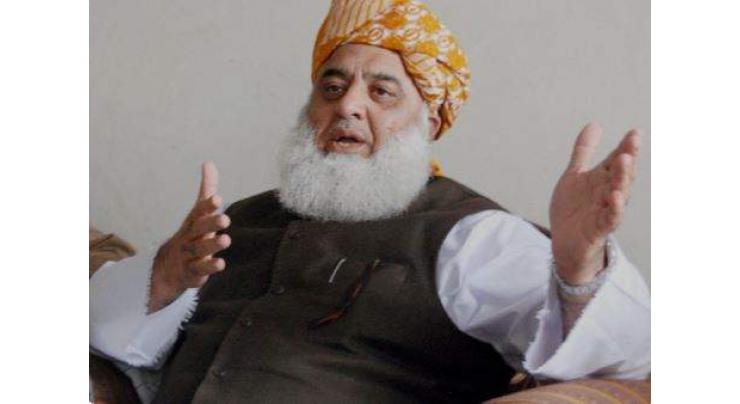Madressah Registration Bill
The Madressah Registration Bill has officially become an Act after ten days passed following President Asif Ali Zardari’s objections, according to Jamiat Ulema-e-Islam-F (JUI-F) chief, Maulana Fazlur Rehman.
Fazl made this announcement during a press conference on Thursday in Dera Ismail Khan, asserting that after ten days without a signature, the bill automatically converts into an Act, as per the constitutional procedure.
The bill, which was recently returned by President Zardari with objections, has sparked tensions between the government and JUI-F.
Last week, President Zardari raised concerns over the legislation, prompting a response from the JUI-F, which has warned the government of potential protests in Islamabad if its demands are not met.
In anticipation of these protests, Fazl revealed that JUI-F leaders are scheduled to meet with Mufti Taqi Usmani on December 17 to deliberate on the matter further.
The Societies Registration (Amendment) Act, 2024, which extends the Societies Registration Act of 1860, includes provisions for registering ‘Deeni Madaris’ under the relevant deputy commissioner office.
Key elements of the bill stipulate that a madressah with more than one campus will require only one registration, and every madressah must submit an annual report detailing its educational activities to the registrar.
Furthermore, madressahs are now required to have their financial accounts audited by an auditor and submit the audit report to the registrar.
Fazl questioned whether President Zardari had the right to send objections on an Act twice, pointing out that after the president raised objections, the acting Senate chairman signed the bill and sent it back to the President’s Office.
He emphasized that according to the law, if the bill is not signed within ten days, it automatically becomes an Act. He also referenced the instance when former President Arif Alvi did not sign a similar bill, yet a notification was still issued.
Fazl criticized the delays in the signing process, particularly since the constitutional amendments related to the bill had already been finalized.
He expressed confusion about why the bill was being delayed despite consensus being reached with key political figures, including PPP Chairman Bilawal Bhutto, PML-N President Nawaz Sharif, and Prime Minister Shehbaz Sharif.
He clarified that the JUI-F’s grievances were not with any specific madressah or religious organization but with the president’s office and the objections raised by the president himself.
Addressing the broader political situation, Fazl stated that while the communication between the PTI and the government was a positive development, the overall government situation felt dysfunctional, likening it to a “joke” due to the presence of armed individuals in rural areas. He further noted that if necessary, the JUI-F would take legal action regarding the matter.


